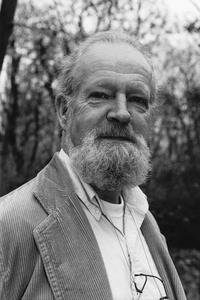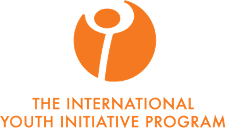Marcel de Leuw

Biography
Marcel de Leuw, was born in 1948 in Someren, the Netherlands. He worked for many years as a teacher in a public primary school and later in a school for children with special needs, both situated in an underdeveloped quarter (achterstandswijk) in the Netherlands.
He has been a teacher at the The Hague Waldorf School since 1976 and active in the Waldorf School Movement, both nationally and internationally throughout this time. After some time of initially combining international and national work and activities, he later committed himself fulltime to teaching, both as a Eurythmy and Class Teacher in pedagogy and didactics atHogeschool Helicon.
Marcel has particular specialization and a deep connection to ‘The study of man as basis for pedagogic’, given as a lecture by R. Steiner 1919. He is currently the coordinator of the Pedagogical Section of the Anthroposophical Society in the Netherlands, faculty of the School for Spiritual Science, and member of the international conference of the Pedagogical Section (Haager Kreis). An artful lecturer and writer, some of his publication include, ‘Jonas’, ‘Vrije Opvoedkunst’ and ‘Bezinning op Opvoedkunst’.
Workshop: Study of man
At the beginning of the Waldorf movement, Waldorf teachers were given a series of lectures by Rudolf Steiner called Study of man as basis for Pedagogy (GA293) as the foundation of their profession. Later lectures given by Rudolf Steiner concerning education and pedagogy were then based on these. In them he gives indications for the practical side of education, the methodology, didactics and the way in which to meet proactively and regularly as a cohesive faculty. Steiner suggested that the ‘Study of man’ can call forth a source that gives energy to life and teaching. To get achieve a state where this may happen, one needs to take three steps: Study, meditate and remember. Supported by numerous artistic activities, this course will focus the work around making these three steps something of your own.
Contributor Interview
(30 November 2010)
We ask every contributor a few questions about our global challenges, the skills and capacities they think are needed to meet those challenges, their hopes for the future and more.
